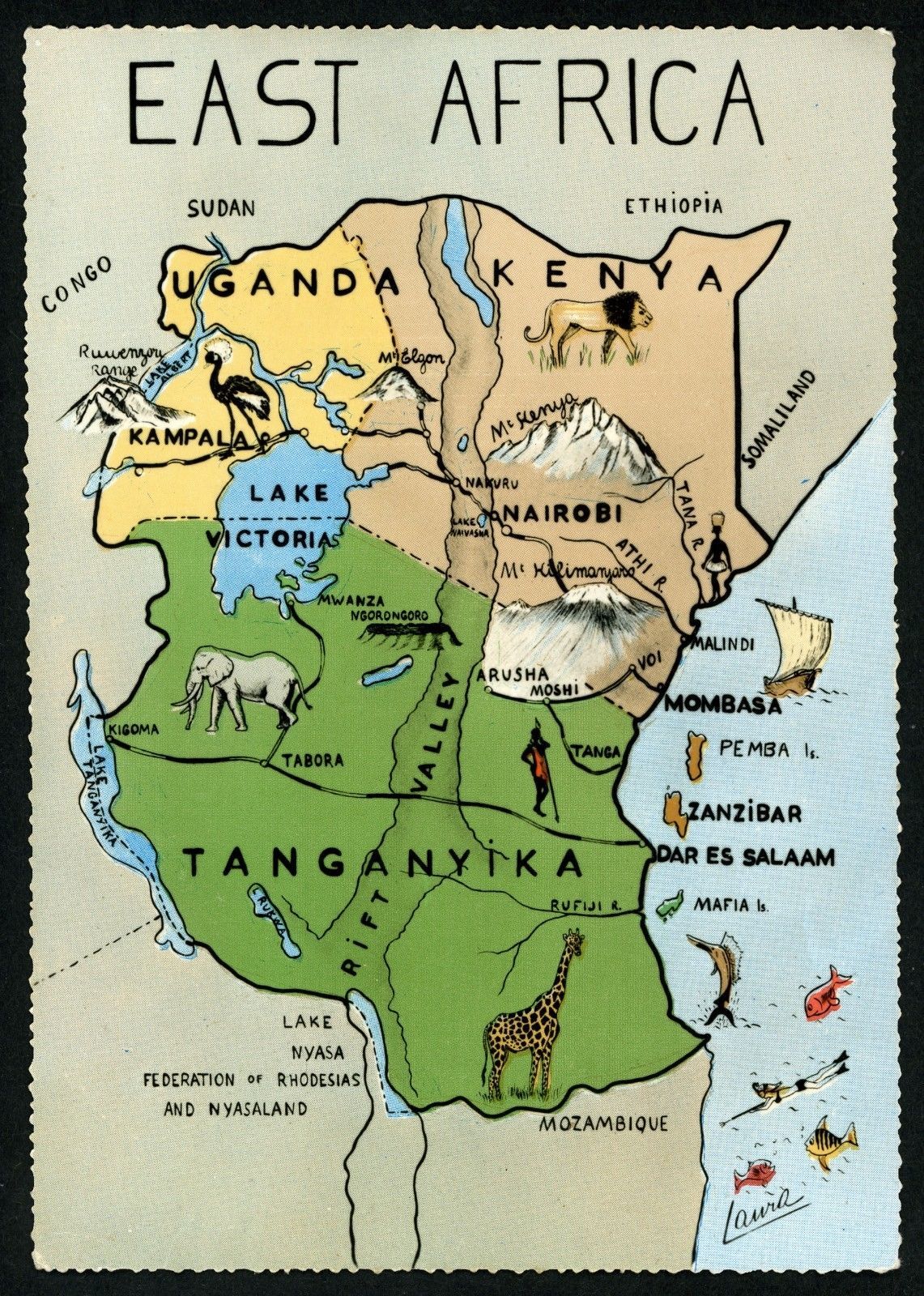Is Malaria a Risk in East Africa Safari Destinations?
Exploring East Africa through the lens of a safari is an unforgettable journey, filled with breathtaking landscapes, captivating wildlife, and rich cultural experiences. At Great Migration Adventure, we believe every traveler should have the chance to embrace the wonders of nature safely and with full awareness. One question many of our guests ask before embarking on their journey is: “Is malaria a risk in East Africa safari destinations?” This article provides a comprehensive answer and guides you through understanding, managing, and mitigating any potential risks so that you can enjoy your safari with peace of mind.

Understanding Malaria in East Africa
Malaria is a mosquito-borne disease caused by the Plasmodium parasite. The female Anopheles mosquito, which is active between dusk and dawn, is the primary vector of malaria. The disease is common in many tropical and subtropical regions of the world, including large parts of East Africa.
East Africa includes countries like Kenya, Uganda, Tanzania, Rwanda, and Burundi. These nations, known for their stunning national parks and game reserves, are generally located in malaria-endemic zones, particularly in low-lying areas where mosquitoes breed in abundance.
Malaria is a serious illness if left untreated. However, with proper preventive measures, its risks can be minimized dramatically.
Why Malaria Exists in East Africa
There are several reasons malaria remains prevalent in East Africa:
- Climate Conditions: Warm temperatures and consistent rainfall create ideal breeding grounds for mosquitoes.
- Geographical Features: Swamps, rivers, and forests are common across East Africa and provide excellent mosquito habitats.
- Limited Healthcare Access in Remote Areas: Some rural areas have limited access to medical care, contributing to prolonged transmission.
However, it’s important to remember that tourism sectors, particularly safari lodges and camps, are very aware of the risks and take extensive steps to protect guests.
Malaria Risk by Country
Here is a look at malaria prevalence in major safari destinations:
- Kenya: High-risk areas include the coastal region, Lake Victoria basin, and lower-altitude parks like Tsavo and Amboseli. Nairobi and highland regions like the Aberdares are low risk.
- Tanzania: Popular safari zones like the Serengeti and Ngorongoro do have a risk of malaria, although it is lower in higher altitudes. Zanzibar has been aggressively reducing malaria transmission but still warrants caution.
- Uganda: Malaria is prevalent in most regions, including around Murchison Falls, Queen Elizabeth, and Bwindi. Kampala and the highlands are lower risk.
- Rwanda: Though malaria exists, national control programs have significantly reduced cases. The Volcanoes National Park area has relatively low risk.
- Burundi and South Sudan: Malaria is widespread and precautions are strongly advised.
Peak Seasons and Risk Timing
Malaria transmission is higher during and just after the rainy seasons when mosquito breeding increases. However, most safaris occur in the dry season when mosquito activity naturally declines. This timing, combined with proactive measures, means that most travelers do not experience any health issues.
How Great Migration Adventure Helps You Stay Safe
At Great Migration Adventure, guest safety is a top priority. We partner with lodges and camps that meet the highest standards in hygiene and safety. Here’s how we contribute to malaria prevention:
- Mosquito-Proof Rooms: Most accommodations we work with feature netted beds, screened windows, and insect-repelling measures.
- Repellents & Nets: We ensure that rooms are equipped with insect repellents and encourage use of nets and protective clothing.
- Advisory Support: Prior to departure, we offer comprehensive travel health advice tailored to your specific itinerary.
- Local Emergency Support: Should any medical situation arise, our guides are trained in first aid and have access to nearby health clinics.
Preventive Measures for Travelers
Here are steps you can take before and during your safari to minimize malaria risk:
1. Consult a Travel Health Specialist
Prior to your trip, schedule a consultation with a doctor or travel clinic. They may prescribe antimalarial medication such as:
- Atovaquone-proguanil (Malarone)
- Doxycycline
- Mefloquine
Medication should be taken before, during, and after your trip, according to your doctor’s instructions.
2. Pack Smart
Include the following in your safari packing list:
- DEET-based mosquito repellent
- Long-sleeved shirts and trousers
- Insecticide-treated bed nets if you plan to camp
- Antihistamines and first aid supplies
3. Stay Protected at Dusk and Dawn
Mosquitoes are most active at dawn and dusk. Wear protective clothing, apply repellent regularly, and stay in well-screened or air-conditioned rooms during these hours.
4. Monitor Your Health After Travel
Malaria symptoms can develop a few days to several weeks after infection. Seek immediate medical attention if you experience flu-like symptoms such as:
- Fever
- Chills
- Headaches
- Muscle aches
- Nausea
Be sure to inform your doctor that you recently traveled to a malaria-prone region.
Dispelling Common Myths About Malaria
“Malaria is everywhere in Africa.”
Not true. Malaria risk varies by region and season. Some highland areas and urban centers pose little to no risk.
“I don’t need to take medication if I’m only staying in lodges.”
While lodges reduce risk, mosquitoes may still be present. Preventive medication provides an extra layer of security.
“One mosquito bite is enough to get malaria.”
While technically true, the risk of a single bite being infectious is low. Multiple precautions significantly reduce chances of infection.
Children and Malaria Risk
Families traveling with children often worry about malaria. Children are more susceptible, but also very manageable to protect. Consult your pediatrician for the right medication, dress them in long clothing, and use child-safe repellents.
Safari Without Worry
Most travelers to East Africa complete their trips without contracting malaria. In fact, malaria cases among tourists are quite rare. The key is awareness and preparation. Safaris take place in remote, nature-rich environments, but they are also structured, guided, and supported with safety protocols that prioritize guest health.
Areas with Low or No Risk
Certain regions and parks have very low malaria prevalence, especially those at higher altitudes. Examples include:
- Nairobi and central Kenya
- Ngorongoro Highlands in Tanzania
- Volcanoes National Park in Rwanda
These areas, due to their elevation and climate, offer wonderful safari opportunities with minimal malaria exposure.
Vaccinations and Other Health Tips
While there is currently no vaccine for malaria recommended for travelers, several other vaccinations are advised when visiting East Africa:
- Yellow fever (required for entry in some countries)
- Hepatitis A & B
- Typhoid
- Tetanus
Carry a travel health kit and stay hydrated. Follow food safety rules to prevent stomach issues during your trip.
Eco-Tourism and Mosquito Control
Many of the conservation-focused lodges we partner with engage in environmentally friendly mosquito control methods. These include:
- Removing stagnant water around lodges
- Using natural repellents and essential oils
- Encouraging bat colonies (natural predators of mosquitoes)
As a guest, you benefit from these initiatives that blend safety with sustainability.
Preparing Mentally and Physically
A safari is an adventure of the mind and body. Being prepared allows you to be fully present during game drives, nature walks, and cultural experiences without worry. Taking basic precautions for malaria enables a deeper connection with the natural beauty of East Africa.
Trust the Experts
At Great Migration Adventure, we’ve curated countless safaris across malaria zones while ensuring the health and safety of our guests. Our expert guides, knowledgeable planners, and on-ground partners work together to minimize health risks, including those associated with malaria.
We understand the landscape, the seasons, and the real-time health advisories. With our guidance, you can travel confidently and experience the majesty of East Africa, from the thundering herds of the Serengeti to the misty gorilla sanctuaries of Uganda.
Final Thoughts
Yes, malaria is a risk in parts of East Africa—but not an obstacle. By following expert guidance, practicing precautionary measures, and staying informed, the risk becomes manageable. The incredible experiences you’ll gain in this part of the world far outweigh the concerns.
Plan your safari with Great Migration Adventure and rest easy knowing your health is in good hands. From pre-trip consultations to on-ground safety, we are with you every step of the way.
Ready for Your East African Safari?
Let us help you plan a secure, exciting, and life-changing adventure across East Africa. Whether you’re tracking big cats, marveling at elephants, or watching flamingos dance across soda lakes, do it with peace of mind.
Contact Great Migration Adventure today and let your safari begin – safely and memorably.









